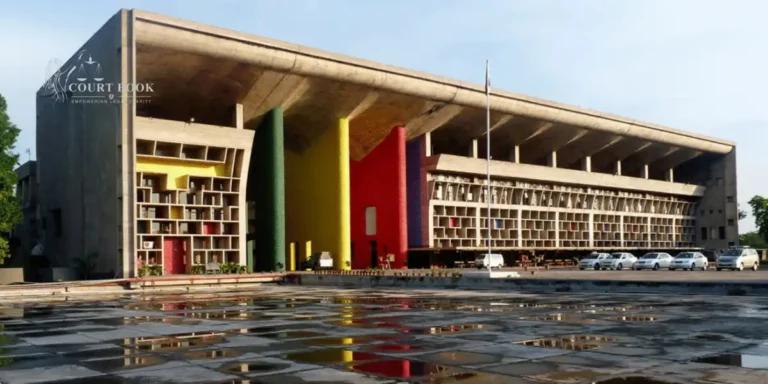The Punjab & Haryana High Court has clarified that merely admitting to signing a document does not automatically confirm the validity of a Will. To establish that a Will was executed by the testator, the person proposing it must present unimpeachable evidence.
Justice Pankaj Jain emphasized:
"A Will is a unique document that speaks after the testator's death. The judicial conscience must be satisfied that the testator signed the Will while being fully aware of its contents. The propounder must present evidence beyond doubt to prove the Will’s authenticity."
Read Also:- Punjab And Haryana HC Directs Opening of Sealed Shiv Temple Entrance to Prevent Stampede on Maha Shivratri
Furthermore, the Court underscored that an attesting witness must convincingly demonstrate that they saw the testator sign the Will and that the testator fully understood its implications.
Background of the Case
The ruling came in response to a challenge against the 2014 decision of the Additional District Judge, Chandigarh, who had rejected an application for a letter of administration regarding a Will dated January 26, 1990.
The appellant, Rajinder Pal Singh Dhaliwal, claimed that his late father, Col. Sarwan Singh Dhaliwal, executed the Will in question, with Inderpal Singh Waraich and Malkiat Singh as witnesses. However, the Will was unregistered, which led to a legal dispute.
Read Also:- Calcutta High Court Quashes Case Against YouTuber Accused of Mocking Mamata Banerjee
To prove the Will’s authenticity, Malkiat Singh was presented as a key witness. However, upon examination, the Court found inconsistencies in his statements.
Suspicious Circumstances and False Testimony
The Lower Court identified multiple suspicious circumstances, raising doubts about the Will’s authenticity. Key concerns included:
- Malkiat Singh’s false testimony regarding the death of Pritam Kaur, wife of the testator.
- Contradictions between his statements in this case and his prior testimony in a Civil Court in Patiala.
- Changes in his version of events, indicating unreliability.
"The attesting witness must be trustworthy and truthful. In this case, Malkiat Singh has repeatedly changed his statements to suit his convenience," the Court noted.
Read Also:- Supreme Court Holds Authorities Accountable for Manual Scavenging Deaths: Urgent Explanations Demanded
Additionally, the second attesting witness, Inderpal Singh Waraich, was never presented as a witness, further weakening the appellant’s case.
Legal Framework and Court Precedents
The Court referred to Section 276 of the Indian Succession Act, 1925, which outlines the procedure for obtaining probate or letters of administration. This section states that the petitioner must establish:
- The testator’s death and the authenticity of the attached Will.
- That the Will was properly executed under legal requirements.
- The extent of assets likely to come into the petitioner’s hands.
The ruling also cited the Supreme Court’s decision in Kavita Kanwar v. Mrs. Pamela Mehta & Ors. (2020), emphasizing the need for the propounder to remove all suspicious circumstances surrounding the execution of the Will.
"An unfair exclusion of legal heirs, particularly dependents, is considered a suspicious circumstance that requires careful judicial scrutiny," the Supreme Court had ruled.
After reviewing the case, Justice Pankaj Jain held that the testimony of Malkiat Singh was insufficient to establish the Will’s authenticity. The appellant failed to meet the legal standard required to prove a valid Will.
"The testimony of Malkiat Singh is enough to demolish the appellant's case. It does not meet the required standard," the Court concluded.
Thus, the appeal was dismissed, and all pending miscellaneous applications were disposed of.
Mr. Karan Nehra, Advocate and Mr. Harvinder Singh, Advocate for the appellant.
Mr. Arihant Jain, Advocate and Mr. Varun Jain, Advocate for respondent No.2.
Mr. Puneet Singh, Advocate for Mr. Manmeet Singh, Advocate for respondent No.3.
Title: Rajinder Pal Singh Dhaliwal v. General Public and others















